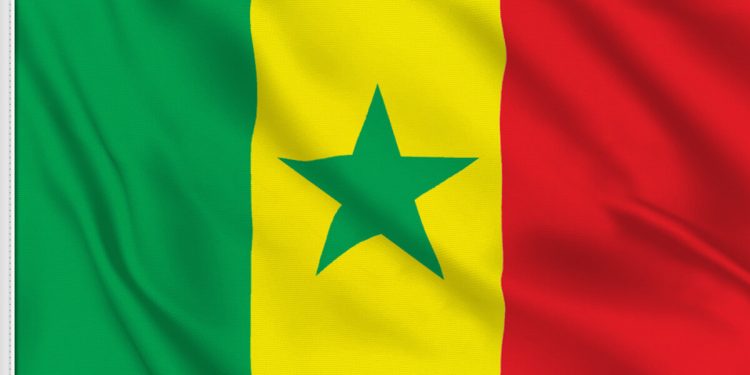Senegal is officially the second country in Africa to pass the Startup Act, right behind Tunisia. The country last week passed the law, with 90% of its parliamentarians voting in favor of the policy.
Senegal’s Startup Act is part of its greater initiative to promote innovation under the “Digital Senegal 2025” strategy.
The new Act creates legal support frameworks for new ventures, seeking to create an enabling environment for registration and labeling of Senegalese startups. Moreover, Disrupt Africa notes that the policy seeks to provide incentives and a resource center for startups.

Senegal’s startup manifesto will introduce several proposals to promote innovation and entrepreneurship by creating a more favorable environment for entrepreneurs who want to start startups in Senegal. I am convinced that together and in cooperation with our governments, we can change and improve our ecosystem and facilitate the birth and development and success of our talents.
Eva Sow Ebion, Chief Coordinator of the Hackathon.
Like many African countries, Senegal’s business regulatory environment limits progress in the startup ecosystem. First, Senegal ranks 123rd out of 190 in the 2019 Ease of Doing Business ranking, hence the need for reforms. Moreover, Startups in the country lack access to finance and markets. Lastly, the country has a retrogressive tax environment, ranking 166 globally.
Read Also: Mali and Ghana to Establish a Startup Act
Italy introduced the concept of the Startup Act to the world in 2012, looking to foster growth and creativity. Tunisia followed in 2018, becoming the first African country to set up the Startup Act. Mali, Ghana, and Rwanda are underway to create similar policies as the rest of Africa follows.




